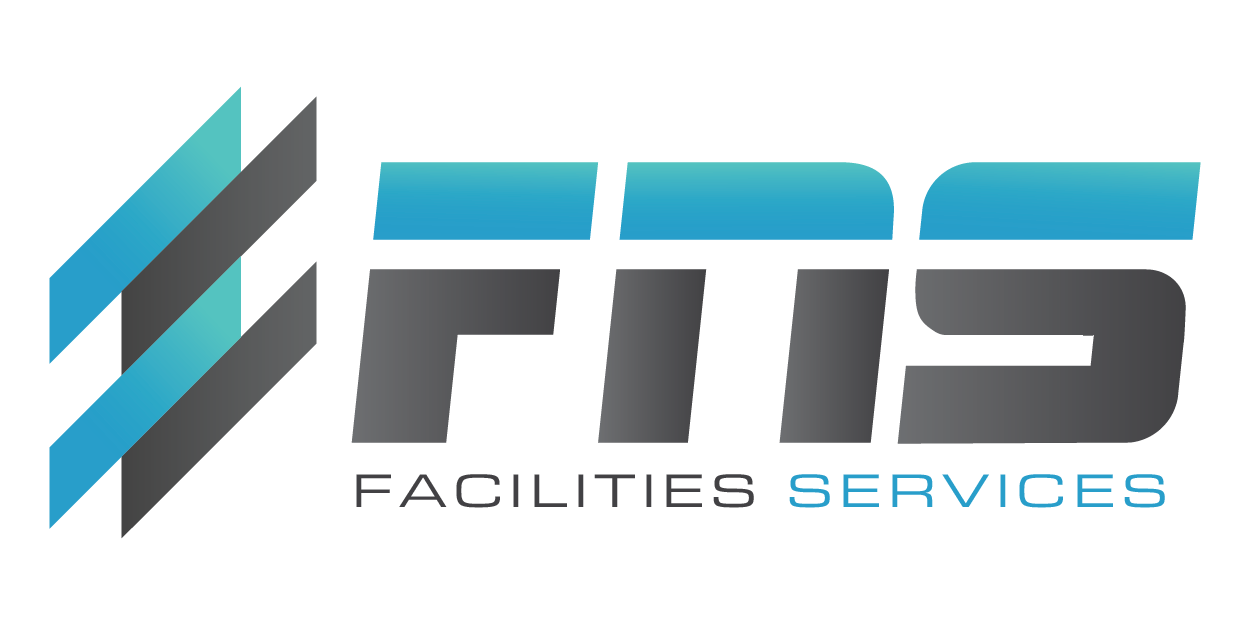The COVID-19 pandemic, which began in late 2019 and continued into 2020 and beyond, brought about a seismic shift in how businesses and organizations operate. Among the many aspects of daily life that were affected, facilities management stood out as a critical function that had to adapt rapidly to meet the new challenges presented by the pandemic. In this blog, we'll explore the profound impact of COVID-19 on facilities management and how this crucial field has evolved in response to the ongoing public health crisis.
COVID-19 has revolutionized Facilities Management by prioritizing health and safety measures, redefining workspace layouts, and accelerating digital transformation in the field.
Enhanced Sanitation and Cleaning Protocols:
The need for rigorous sanitation and cleaning practices became paramount during the pandemic. Facilities management teams had to adapt by implementing stricter cleaning protocols, more frequent disinfection, and ensuring the availability of hand sanitizers and disinfectant wipes in common areas. These changes aimed to reduce the risk of virus transmission within the workplace.
Air Quality and Ventilation:
Air quality and ventilation were thrust into the spotlight as COVID-19 is primarily transmitted through respiratory droplets. Facilities management had to reassess HVAC systems to improve air circulation and filtration. This included upgrading air filters, adjusting ventilation rates, and considering air purifiers to help reduce the concentration of potential pathogens in the indoor environment.
Social Distancing and Space Management:
Social distancing became a norm to reduce virus spread. Facilities management teams had to rethink office layouts, common areas, and meeting spaces to ensure that employees could maintain a safe distance from one another. This often required rearranging furniture, installing physical barriers, and setting occupancy limits for various areas.
Remote Work Support:
With the sudden shift to remote work, facilities management teams had to adapt by reducing the on-site workforce and finding ways to maintain facilities with fewer people present. This included monitoring and maintaining essential systems, security, and access control remotely to ensure the safety and functionality of the workplace.
Emergency Response Plans:
Facilities management teams needed to develop or update emergency response plans to address potential COVID-19 outbreaks within the workplace. This included contact tracing protocols, quarantine procedures, and communication plans to keep employees informed and safe.
Technological Advancements:
The pandemic accelerated the adoption of technology in facilities management. Digital tools, such as remote monitoring, smart building systems, and touchless access control, gained prominence in ensuring the safety and functionality of facilities while reducing physical contact points.
Cost and Budget Reallocation:
The pandemic forced organizations to reassess their budgets, with facilities management being no exception. Some organizations had to allocate additional resources to address COVID-19-related changes, such as increased cleaning and sanitation, air quality enhancements, and space reconfigurations.
Employee Well-being and Mental Health:
Facilities management also had to take into account the well-being and mental health of employees returning to the workplace. Providing a safe and supportive environment through transparent communication and mental health resources became essential for facilities management teams.
Conclusion
The COVID-19 pandemic challenged facilities management in unprecedented ways. It required flexibility, adaptability, and a focus on employee health and safety. While the pandemic's impact has been significant, it has also accelerated innovations in facilities management and raised awareness of the importance of this field in ensuring the well-being of employees and the continuity of business operations during challenging times. As we continue to navigate the evolving landscape of the pandemic, facilities management will remain a critical component in safeguarding workplaces and supporting organizational resilience.


